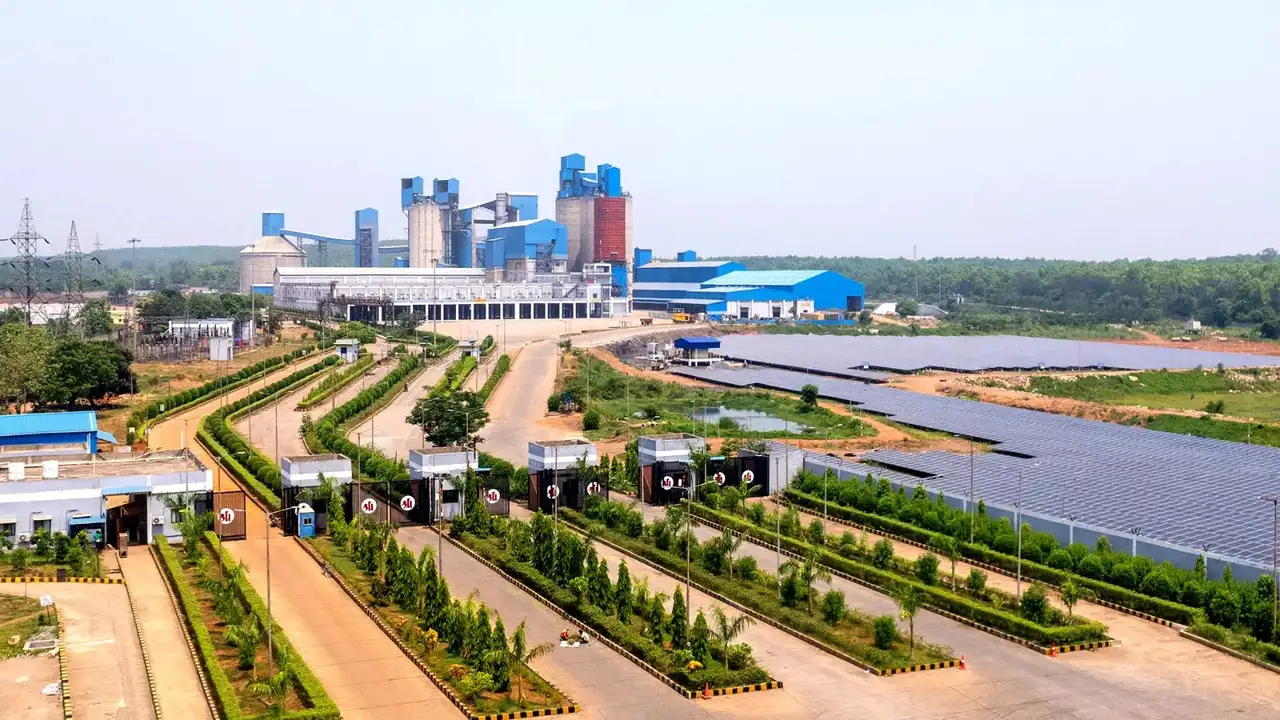By Bizz Impact
Copyright timesnownews

Cement is one of the most widely used materials in the world, and behind every strong structure is a reliable cement manufacturer. But not all manufacturers are created equal. When you’re planning a residential, commercial, or infrastructure project, choosing the right cement brand is not just a matter of price; it’s about performance, consistency, supply chain reliability, and long-term strength. With multiple manufacturers offering different cement types, it can be difficult to know which one is right for your specific needs. This blog helps you understand what makes a cement manufacturer trustworthy, how to assess product quality, and which factors should influence your decision before you buy. What Does a Cement Manufacturer Actually Do? Cement manufacturers don’t just grind materials into powder and pack bags. The process involves several stages that ensure the final product is suitable for concrete, mortar, and other applications. Here’s what a responsible cement manufacturer takes care of: ● Sourcing raw materials like limestone, clay, and gypsum ● Clinker production through high-temperature kiln operations ● Grinding and blending to meet specific cement grades ● Quality control at each stage through lab testing ● Packing and dispatching to dealers, construction sites, or RMC plants The quality of manufacturing processes directly influences the strength and setting time of cement, and by extension, the stability of the structure it’s used in. Key Types of Cement Offered by Manufacturers Most manufacturers in India produce multiple grades and types to cater to different use cases: Understanding which product suits your site’s environmental and structural requirements helps you choose the right brand and variant. What Makes a Cement Manufacturer Reliable? You can judge the quality of a cement manufacturer based on a few clear factors: 1. Manufacturing Capacity and Reach A larger manufacturer typically has better quality control systems and a wider distribution network. This helps ensure that the cement you receive is fresh and consistent across locations. 2. R&D and Innovation Reputed manufacturers invest in product development. They may offer cements with lower carbon footprints, faster setting times, or improved workability—all of which benefit modern construction. 3. IS Standards Compliance Look for compliance with IS codes such as: ● IS 269 for OPC 53 ● IS 1489 (Part 1) for PPC ● IS 455 for PSC These certifications prove the cement has passed strength, fineness, and chemical tests. 4. On-Site Performance Track Record If a brand has been consistently used in residential towers, commercial spaces, or public infrastructure in your area, that’s often a strong sign of trust. How to Verify Manufacturer Quality as a Buyer If you’re sourcing cement for a project, take a few practical steps before making bulk purchases: ● Check the manufacturing date on the bag, cement older than 90 days may lose strength ● Inspect the packaging, reputed manufacturers use moisture-resistant, tamper-proof bags ● Ask for test reports from the dealer or supplier, especially for high-volume orders ● Verify ISI mark and grade details on every bag ● Visit the manufacturer’s website for technical documentation, dealer locators, and product comparisons Also, ensure your vendor is an authorized distributor to avoid counterfeit or compromised products. Manufacturer vs Dealer vs Retailer: Know the Difference When buying cement, people often confuse the roles of different players in the supply chain. Here’s a breakdown: For large or long-term projects, always buy from an authorized dealer instead of a small retailer. Sustainability Efforts by Modern Cement Manufacturers Many manufacturers are now taking active steps toward reducing environmental impact. These include: ● Reducing clinker content through blending ● Recycling water used during processing ● Using waste heat recovery systems ● Offering low-carbon cement options If your project has environmental goals or green building certifications in mind, check if the manufacturer offers certified low-emission cement. To Wrap Up The manufacturer you choose shapes the reliability and durability of your structure. Beyond pricing and location, it’s worth considering how consistent, transparent, and technically sound their products are. By understanding how cement is produced, what certifications matter, and how leading manufacturers operate, you can buy with confidence, not just convenience. Whether you’re constructing a single-storey home or managing a multi-phase development, choosing the right cement manufacturer ensures your project rests on a foundation that lasts. No Times Now Journalists are involved in creation of this article.



